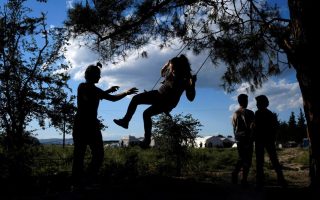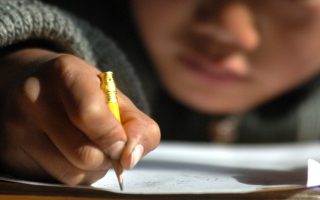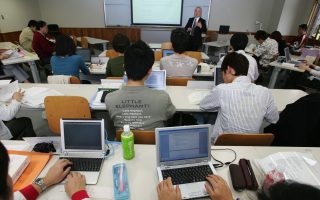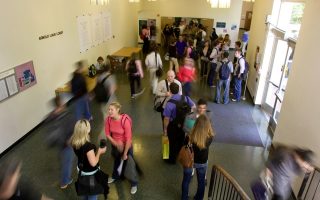As Greek community in Romania grows, education becomes a concern
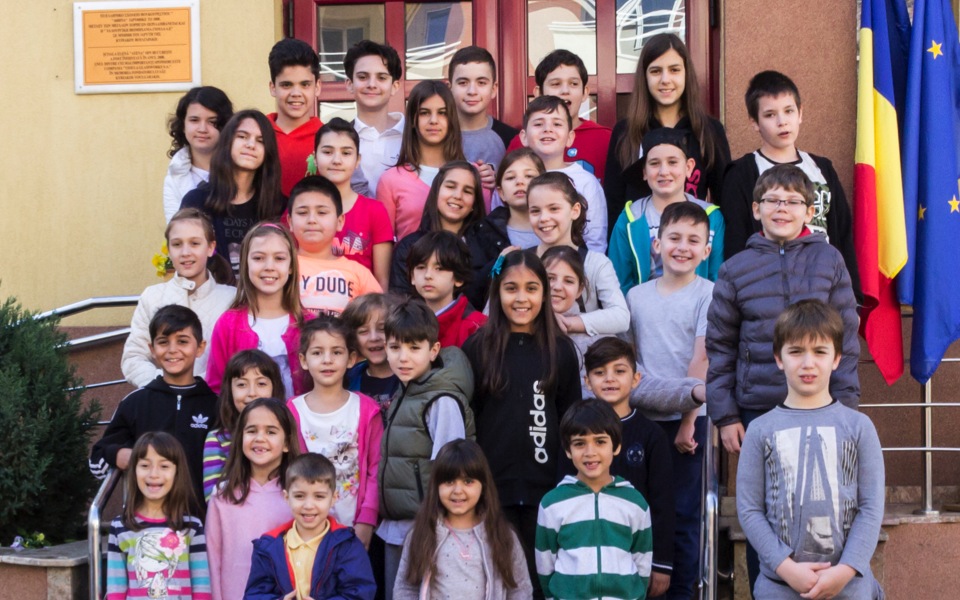
The size of Romania’s Greek community is growing. The number of Greek-owned businesses that entered the market in the former communist state last year came to 256, raising the total to 6,278. Now near 15,000, the Greek population in Romania is also increasing, as a growing number of crisis-hit people move north in hope of brighter prospects. Those who decide to start a family in Romania, or move there with their family, are naturally concerned about their children’s education.
Prompted by similar concerns, a group of Greek parents in 2008 established the first – and so far the only – Greek-language school in Romania: the Greek school of Bucharest “Athena.” The school was established through a collaboration between Greece’s Education Ministry and the association of Greek parents and guardians in Bucharest. As part of the deal, Greece sends Greek teachers to Romania while the parents’ association is responsible for covering the school’s operational costs, including rent and fees for any extra teachers. Although the institution is not exactly a private one, parents still have to pay fees.
“The school initially taught first and second grade, and more grades were added as pupils moved up to the next class,” says Andreas Laspadakis, a member of the parents’ association. Laspadakis, general director at ETEM aluminium extrusions company, moved to Romania in 2001 together with his family. “At some point, we needed a high school for the kids,” he said. This was established in 2015 in line with the deal with the Greek ministry. Today the school has 52 pupils, 25 percent of whom are children of Greek families, 19 percent children of Romanian families (migrants who returned to Romania from Greece because of the financial crisis), and 56 percent children of mixed families.
The Greek community now needs a high school. “Parents are in a difficult position. Some of the kids will finish primary school this year and they are worried about the future. Some will take their kids and go back to Greece, while others will put them in an American or British school. Unfortunately we now risk losing many of the kids. The sustainability of the school is at risk as the annual cost is high and is covered by parents and a small number of Greek firms,” Laspadakis said.
The parents’ association is currently in talks with the Greek ministry about the issue, but any decisions must be made soon for the academic year is coming to a close. “When the school opened in 2008 it was 20 kids,” Laspadakis said. “Things are quite different today as the number of families fleeing crisis-hit Greece is continuing to rise.”
